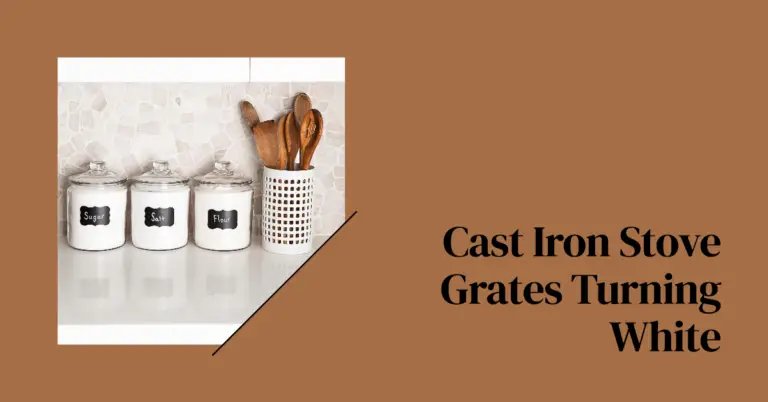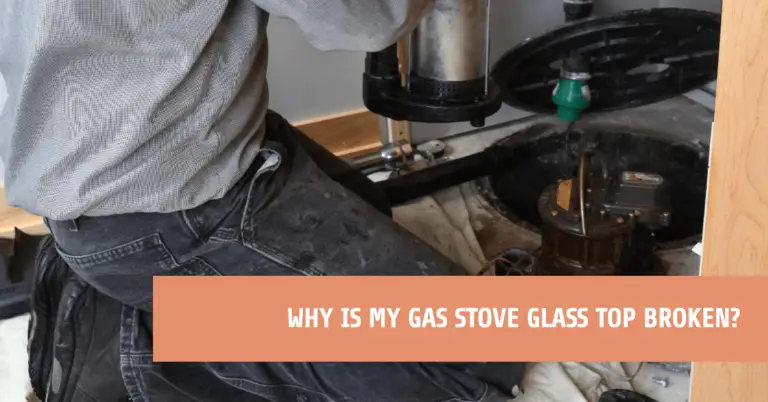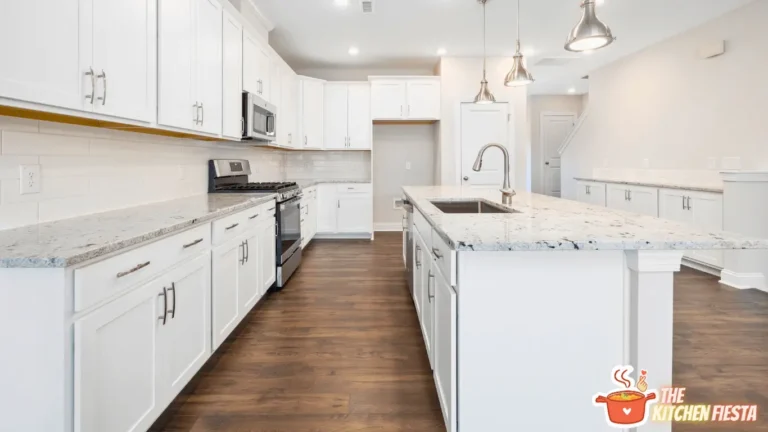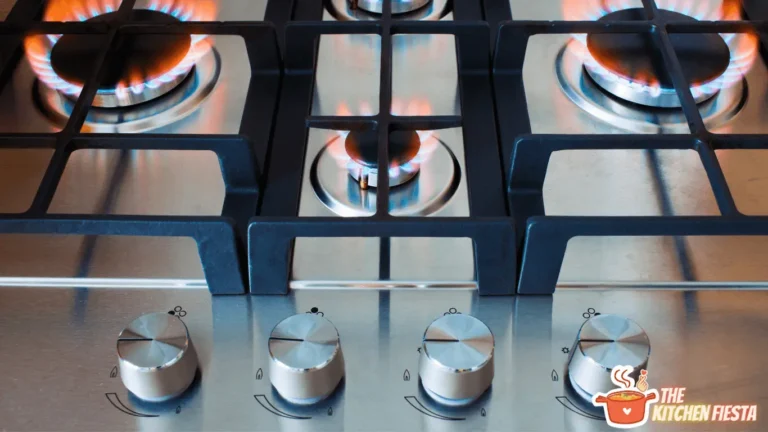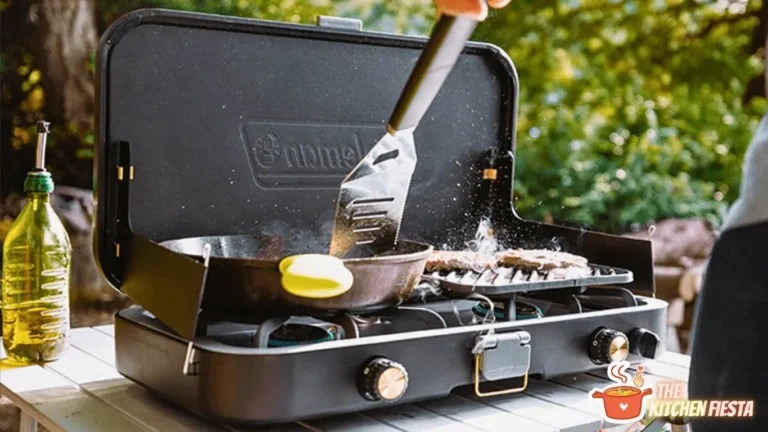Why Chefs Prefer Gas Stoves: Exploring the Benefits of Gas Cooking
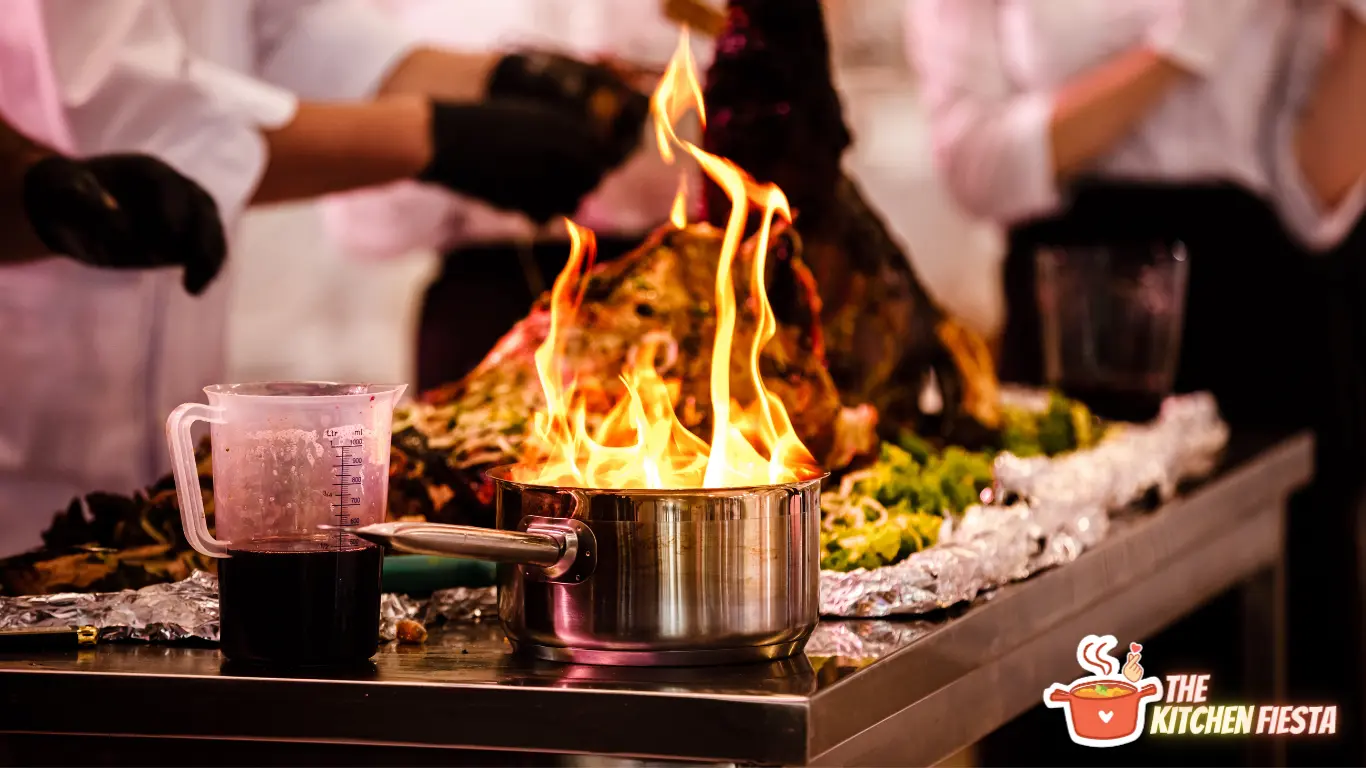
Gas stoves have been a popular choice among chefs for many years. But why do chefs prefer gas stoves over other types of stoves? The answer is simple: gas stoves offer faster heating, more precise control, and tastier food.
One of the main reasons chefs prefer gas stoves is that they heat up much faster than electric stoves. The flame of a gas stove provides instant heat, which cuts down on cooking time. This is especially important in a busy kitchen where time is of the essence. Additionally, gas stoves offer more precise control over the heat, allowing chefs to adjust the temperature quickly and easily.
Another reason why chefs prefer gas stoves is that they produce tastier food. Gas stoves allow for better flame and heat management, essential when cooking delicate dishes. A gas stove’s even heat distribution and precise temperature control ensure that food is cooked evenly and to perfection.
Additionally, meals prepared with a gas stove maintain nutritional characteristics such as vitamins and proteins.
The Importance of Temperature Control
Gas stoves are the preferred choice of many chefs for various reasons, but one of the most important is the ability to control temperature. Temperature control is crucial in cooking, and gas stoves provide precision unmatched by electric stoves.
Precision in Cooking
Gas stoves offer precise temperature control, allowing chefs to adjust the heat quickly and accurately. This precision is crucial when cooking delicate dishes that require a specific temperature range to be cooked to perfection.
With gas stoves, chefs can easily adjust the flame to achieve the desired temperature, ensuring their dishes are always cooked to perfection.
Heat Distribution
Another reason why chefs prefer gas stoves is the even heat distribution. Gas stoves heat up quickly and distribute heat evenly across the cooking surface. This even heat distribution ensures that food is cooked evenly, reducing the risk of overcooking or undercooking.
In contrast, electric stoves can take longer to heat up and may have hot spots that cause uneven cooking.
Temperature control is crucial in cooking, and gas stoves provide precise control unmatched by electric stoves. The even heat distribution of gas stoves also ensures that food is cooked evenly, reducing the risk of overcooking or undercooking. It’s no wonder that many chefs prefer gas stoves for their cooking needs.
Safety Considerations
Gas stoves have some potential risks that should be taken into account. However, proper usage and maintenance can mitigate many of these risks.
Instant On/Off
One of the main safety concerns with gas stoves is the fire risk. Because gas stoves provide instant heat, be cautious when turning them on and off. Chefs and home cooks should ensure the flame is fully extinguished before leaving the stove unattended.
No Electricity Required
Another safety consideration with gas stoves is the risk of gas leaks. While gas leaks are rare, they can be dangerous if not addressed promptly. You should have a carbon monoxide detector in the kitchen to alert you if there is a gas leak.
It is important to have your gas stove inspected regularly by a professional to ensure it is functioning correctly and not leaking gas.
Culinary Techniques
Flame Cooking
Chefs prefer gas stoves because they allow precise control over the flame’s heat. This is particularly important when cooking over an open flame, as it provides a more controlled and even cooking process. The ability to adjust the flame quickly and easily means that chefs can sear meats, cook vegetables, and even toast bread to perfection.
Flame cooking is a famous technique chefs use to impart a smoky flavor to food. By cooking over an open flame, the food is infused with the unique taste of love, which cannot be replicated with other cooking methods.
Gas stoves are ideal for this technique because they allow for precise control over the flame’s heat, ensuring the food is cooked evenly and perfectly.
Wok Cooking
Wok cooking is another famous technique chefs use, particularly in Asian cuisine. The wok is a versatile cooking vessel that can be used for stir-frying, deep-frying, steaming, and more. Chefs prefer gas stoves for wok cooking because they allow for a high heat output, which is necessary for quickly cooking food.
Gas stoves also offer more precise heat output, which is important for wok cooking. The heat must be evenly distributed around the wok to ensure the food is cooked evenly. Gas stoves allow for precise control over the heat, ensuring the food is perfectly cooked.
In conclusion, gas stoves are preferred by chefs for their ability to provide precise control over the heat of the flame. This is particularly important when using culinary techniques such as flame cooking and wok cooking.
Gas stoves allow chefs to cook food to perfection, ensuring it is cooked evenly and with the desired smoky flavor.
Cost and Efficiency
Gas stoves have several advantages over other types of stoves. Here are some reasons chefs prefer gas stoves in terms of cost and efficiency.
1. Energy Efficiency
Gas stoves are more energy-efficient than electric stoves. According to the US Department of Energy, gas stoves use about 40% less energy than electric stoves. This is because gas stoves heat up faster and cool down more quickly than electric stoves.
This means that less energy is wasted during cooking. Additionally, gas stoves are more efficient because they can be turned off instantly, while electric stoves take some time to cool down.
2. Longevity
Gas stoves are more durable and long-lasting than electric stoves. Gas stoves are made of sturdy materials like cast iron and stainless steel, which are resistant to wear and tear. They also have fewer parts than electric stoves, which means fewer things can go wrong.
Gas stoves also have a longer lifespan than electric stoves, which means that they can be used for many years without needing to be replaced.
3. Durability
Gas stoves are more durable than electric stoves. Gas stoves are made of sturdy materials like cast iron and stainless steel, which are resistant to wear and tear. They also have fewer parts than electric stoves, which means fewer things can go wrong.
Aesthetic and Tradition
Gas stoves have been a staple in professional kitchens for decades. There are many reasons for this preference, but one of the most compelling is the aesthetic and tradition they bring to the kitchen.
Professional Kitchen Feel
Chefs often describe the feeling of cooking on a gas stove as more professional and authentic. The open flame and visible heat source provide a sense of control and precision that electric stoves cannot match. This feeling is significant in high-pressure cooking environments, where every second counts.
Gas stoves are also visually appealing with their sleek and modern designs. They add a touch of professionalism to any kitchen, whether it’s a small home kitchen or a large commercial one.
Culinary Heritage
Another reason why chefs prefer gas stoves is the tradition they represent. For generations, gas stoves have been used in professional kitchens, and many chefs feel a solid connection to this culinary heritage.
Gas stoves are also associated with classic cooking techniques, such as flambéing, which require an open flame. These techniques have been passed down from generation to generation, and gas stoves are essential to this tradition.
In addition, gas stoves are often used in traditional cuisines from around the world. For example, many Indian dishes require cooking over an open flame, and gas stoves are the perfect tool.
Overall, the aesthetic and tradition of gas stoves play an essential role in why chefs prefer them. They provide a professional feel to the kitchen and are essential to culinary heritage.
Frequently Asked Questions
Do Chefs Prefer Gas Or Induction?
Chefs have different preferences regarding stovetops, but many prefer gas stoves over induction stovetops. Gas stoves offer more precise heat control, which is important when cooking delicate dishes. On the other hand, induction stovetops require specific types of cookware and can be more expensive to install.
Do Bakers Prefer Gas Or Electric Ovens?
Bakers have different preferences, but many prefer electric ovens over gas ovens. Electric ranges offer more consistent heat and are better at maintaining a steady temperature. On the other hand, gas ovens can produce uneven heat and require more frequent temperature adjustments.
Do Chefs Use Electric Stoves?
While some chefs prefer gas stoves, others use electric stoves. Electric stoves are easier to clean and more energy-efficient than gas stoves. However, they may offer a different level of heat control than gas stoves.
Are Gas Stoves Dangerous?
Gas stoves can be dangerous if they are not correctly installed or maintained. Gas leaks can lead to fires or explosions, so it is important to have gas stoves installed by a professional and to have them inspected regularly.
Do Restaurants Use Gas Or Electric Ovens?
Restaurants use gas and electric ovens, depending on their needs and preferences. Some restaurants prefer gas ovens for heat control, while others prefer electric ovens for consistency.
Why Does Food Taste Better On A Gas Stove?
Many believe food tastes better on a gas stove because gas flames produce more intense heat than electric stoves. This can create a crispier crust on meats and vegetables and help caramelize sugars in dishes like crème brûlée. Gas stoves also produce water vapor, which can help keep food moist while cooking.


